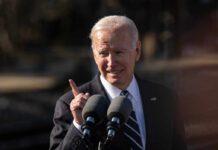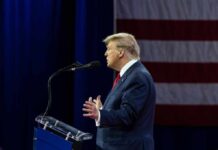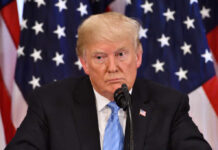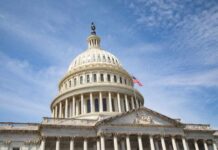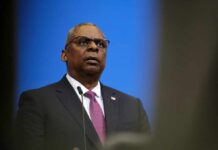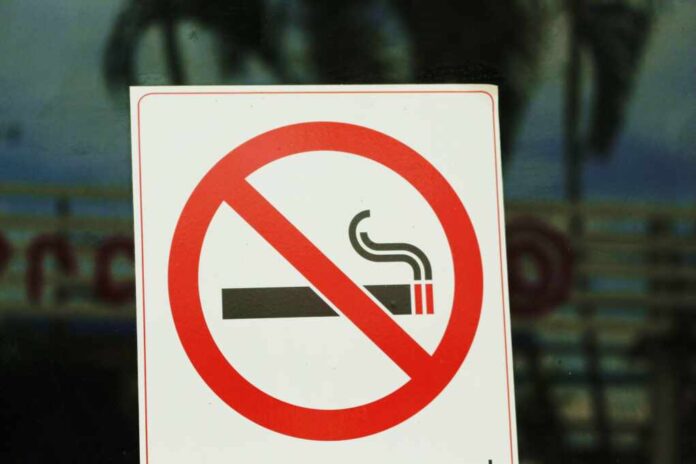
The FDA Commissioner, Robert Califf, faced intense questioning from the House Oversight Committee regarding the agency’s approach to reducing smoking rates and promoting tobacco harm reduction (THR). Lawmakers expressed concerns about the FDA’s regulatory actions, particularly its stance on e-cigarettes and other nicotine products.
In opening remarks for the hearing, House Oversight Committee Chairman Rep. James Comer (R-KY) explained that, through “our investigation of tobacco products regulations, we learned the FDA is failing to consistently and effectively regulate tobacco products.”
Comer added, “According to the Reagan-Udall Foundation, the FDA has been ‘reactive and overwhelmed’ in its tobacco products regulation. The FDA has delayed review of applications for products that can reduce harm for many Americans.”
“Further, the FDA’s failure to regulate has allowed unsafe and illicit products to proliferate,” he continued. “In fact, the United States Court of Appeals for the Fifth Circuit slammed the FDA for sending ‘manufacturers of flavored e-cigarette products on a wild goose chase.’”
“Meanwhile, the FDA is also failing to prevent illicit flavored tobacco products from China entering the country and harming Americans. The FDA is not implementing enforcement actions to address illicit flavored tobacco products in stores across the country,” Comer stated.
Americans love Chinese vapes.
I’m with a group conducting research on nicotine products used in DC.
100% of the vapes collected during a neighborhood canvas were manufactured in China.
The FDA has only approved 20-30 vape devices.
The illicit vape market is flourishing. pic.twitter.com/mqaX71Ai3u
— Jon Michael Raasch (@JMRaasch) March 27, 2024
At the heart of the debate was the FDA’s cautious approach towards THR strategies, which aim to mitigate the health risks associated with smoking by encouraging individuals to reduce their tobacco intake or switch to less harmful alternatives. Despite growing evidence supporting the efficacy of THR, the FDA has been criticized for its reluctance to fully endorse these methods.
During the hearing, Califf faced inquiries about the FDA’s approval process for e-cigarettes and accusations of allowing illegal Chinese products to enter the market while delaying approval for potentially safer options. Califf emphasized the need to balance the potential benefits of THR products with associated risks, especially concerning youth consumption.
Comer also questioned Califf over the FDA “enabling these Chinese products” later in the hearing.
The discussion also touched on the terminology used to characterize youth vaping trends, with Rep. Rashida Tlaib questioning whether the situation constituted an “epidemic.” While acknowledging the prevalence of youth vaping, Califf refrained from labeling it as such.
Furthermore, lawmakers scrutinized the FDA’s budget requests and funding mechanisms, expressing concerns about the agency’s evolving stance on the risk continuum of tobacco products. Critics accused the FDA of inconsistency in its approach, particularly regarding the authorization of e-cigarette products for retail sale.
The hearing highlighted the pressing need for congressional intervention to address the FDA’s regulatory approach to tobacco and ensure alignment with its overarching goal of reducing tobacco-related harm.











